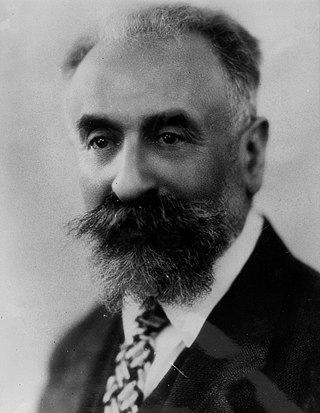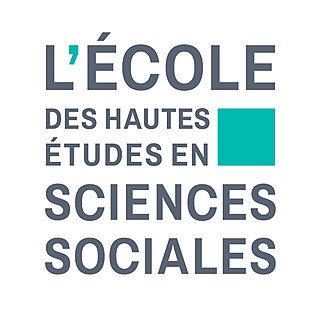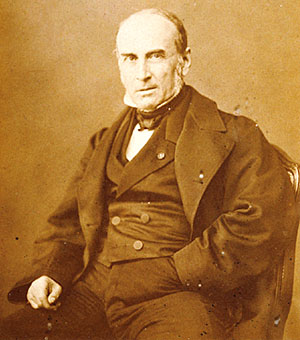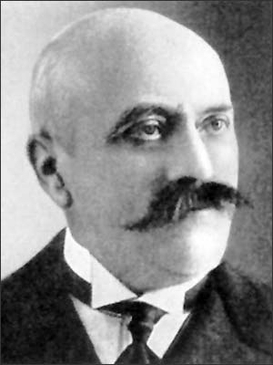Related Research Articles

In sociology, habitus is the way that people perceive and respond to the social world they inhabit, by way of their personal habits, skills, and disposition of character.

Structuralism is an intellectual current and methodological approach, primarily in the social sciences, that interprets elements of human culture by way of their relationship to a broader system. It works to uncover the structural patterns that underlie all the things that humans do, think, perceive, and feel.

Pierre Bourdieu was a French sociologist and public intellectual. Bourdieu's contributions to the sociology of education, the theory of sociology, and sociology of aesthetics have achieved wide influence in several related academic fields. During his academic career he was primarily associated with the School for Advanced Studies in the Social Sciences in Paris and the Collège de France.

The Académie des Sciences Morales et Politiques is a French learned society. It is one of the five academies of the Institut de France.

Marcel Mauss was a French sociologist and anthropologist known as the "father of French ethnology". The nephew of Émile Durkheim, Mauss, in his academic work, crossed the boundaries between sociology and anthropology. Today, he is perhaps better recognised for his influence on the latter discipline, particularly with respect to his analyses of topics such as magic, sacrifice and gift exchange in different cultures around the world. Mauss had a significant influence upon Claude Lévi-Strauss, the founder of structural anthropology. His most famous work is The Gift (1925).

Alain Touraine was a French sociologist. He was research director at the École des Hautes Études en Sciences Sociales, where he founded the Centre d'étude des mouvements sociaux. Touraine was an important figure in the founding of French sociology of work after World War II and later became an internationally-renowned sociologist of social movements, particularly the May 68 student movement in France and the Solidarity trade-union movement in communist Poland.

The School for Advanced Studies in the Social Sciences is a graduate grande école and grand établissement in Paris focused on academic research in the social sciences. It is regarded as one of the most prestigious institutions of graduate education in France. The school awards Master and PhD degrees alone and conjointly with the grandes écoles École Normale Supérieure, École Polytechnique, and École pratique des hautes études.

Pierre Clastres was a French anthropologist, ethnographer, and ethnologist. He is best known for his contributions to the field of political anthropology, with his fieldwork among the Guayaki in Paraguay and his theory of stateless societies. An anarchist seeking an alternative to the hierarchized Western societies, he mostly researched Indigenous peoples of the Americas in which the power was not considered coercive and chieftains were powerless.

Pierre Guillaume Frédéric le Play was a French engineer, sociologist and economist.

Germaine Dieterlen was a French anthropologist. She was a student of Marcel Mauss, worked with noted French anthropologists Marcel Griaule (1898-1956) and Jean Rouch, wrote on a large range of ethnographic topics and made pioneering contributions to the study of myths, initiations, techniques, graphic systems, objects, classifications, ritual and social structure.

Count Georges Vacher de Lapouge was a French anthropologist and a theoretician of eugenics and scientific racism. He is known as the founder of anthroposociology, the anthropological and sociological study of race as a means of establishing the superiority of certain peoples.

Marcel Gauchet is a French historian, philosopher, and sociologist. He is professor emeritus of the Centre de recherches politiques Raymond Aron at the École des Hautes Études en Sciences Sociales and head of the periodical Le Débat. Gauchet is one of France's most prominent contemporary intellectuals. He has written widely on such issues as the political consequences of modern individualism, the relation between religion and democracy, and the dilemmas of globalisation.
Institutional analysis is that part of the social sciences which studies how institutions—i.e., structures and mechanisms of social order and cooperation governing the behavior of two or more individuals—behave and function according to both empirical rules and also theoretical rules. This field deals with how individuals and groups construct institutions, how institutions function in practice, and the effects of institutions on each other, on individuals, societies and the community at large.
Philippe d’Iribarne is a French author and director of research at CNRS. He works within a research centre called LISE.

Allain Caillé is a French sociologist and economist. He is Professor of sociology at the University of Paris X Nanterre. He is a founding member of the Anti-Utilitarian Movement in the Social Sciences (MAUSS) and editor of the movement's monthly journal "Revue du Mauss".
This bibliography of anthropology lists some notable publications in the field of anthropology, including its various subfields. It is not comprehensive and continues to be developed. It also includes a number of works that are not by anthropologists but are relevant to the field, such as literary theory, sociology, psychology, and philosophical anthropology.
Alain Testart was a French social anthropologist, emeritus research director at the Centre National de la Recherche Scientifique (CNRS) in Paris and member of the Laboratory for Social Anthropology at the Collège de France. He specialized in primitives societies and comparative anthropology. His research themes included: slavery, marriage arrangements, funeral practices, gift and exchange, typology of societies, the political, the evolution of the societies, and questions of interpretation in prehistoric archaeology.
Historical anthropology is a historiographical movement which applies methodologies and objectives from social and cultural anthropology to the study of historical societies. Like most such movements, it is understood in different ways by different scholars, and to some may be synonymous with the history of mentalities, cultural history, ethnohistory, microhistory, history from below or Alltagsgeschichte. Anthropologists whose work has been particularly inspirational to historical anthropology include Emile Durkheim, Clifford Geertz, Arnold van Gennep, Jack Goody, Lucien Lévy-Bruhl, Marcel Mauss and Victor Turner.
Philippe Corcuff is a French academic, full professor in political science at the Institut d'études politiques de Lyon since October 1992 and member of the CERLIS laboratory since October 2003. Politically committed to the left, with a trajectory that took him from social democracy to pragmatic anarchism, via the ecologists and the New Anti-Capitalist Party, he defines himself as an “anti-globalization and libertarian activist”. He was a columnist for the French satirical weekly Charlie Hebdo from 2001 to 2004.
Embodiment theory speaks to the ways that experiences are enlivened, materialized, and situated in the world through the body. Embodiment is a relatively amorphous and dynamic conceptual framework in anthropological research that emphasizes possibility and process as opposed to definitive typologies. Margaret Lock identifies the late 1970s as the point in the social sciences where we see a new attentiveness to bodily representation and begin a theoretical shift towards developing an ‘Anthropology of the Body.’
References
- 1 2 GIVE IT AWAY By Anthropologist David Graeber, published at www.freewords.org
- ↑ La revue du M.A.U.S.S.
- ↑ Short History of Economical Anthropology by Chris Hann published at www.thememorybanck.co.uk
- ↑ À propos du M.A.U.S.S.
- ↑ Interview with Alain Caillé at www.revue-sociologique.org
- ↑ Michèle Richman. 2002. The French Sociological Revolution from Montaigne to Mauss. SubStance. Vol. 31, No. 1, Issue 97: Special Issue: The American Production of French Theory (2002), pp. 27-35